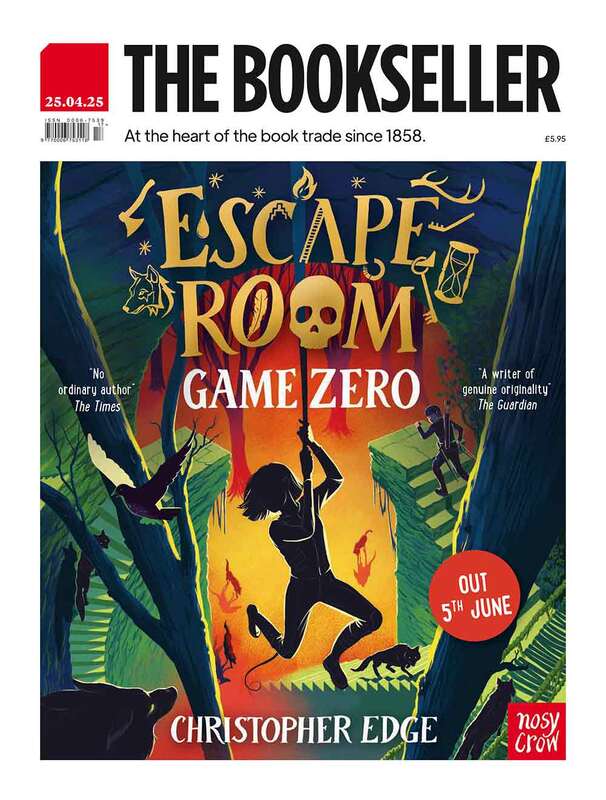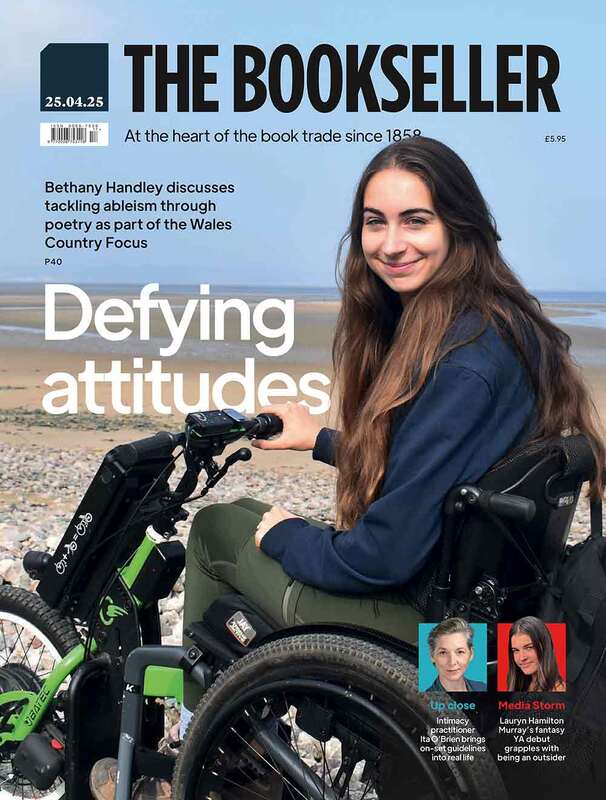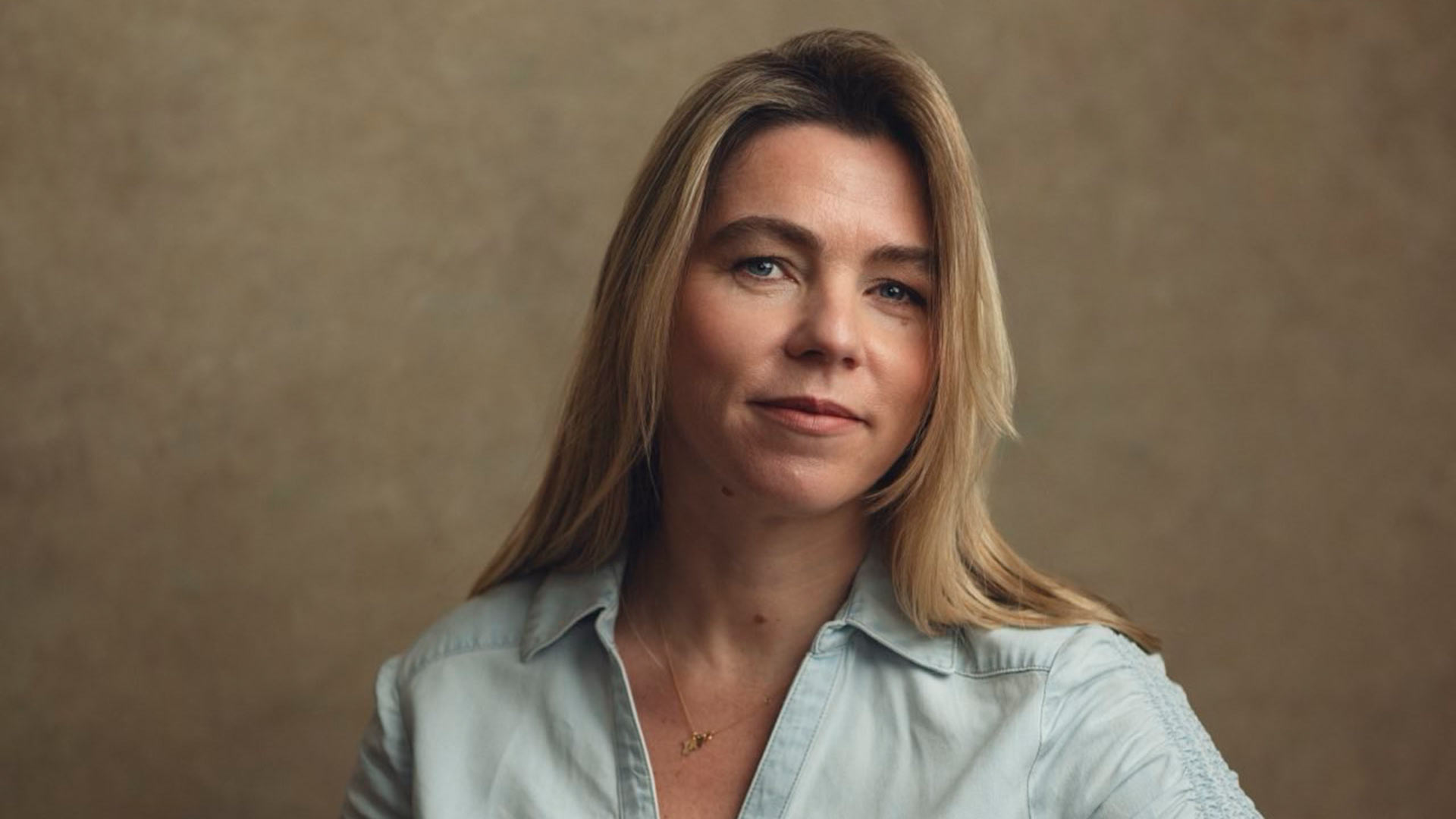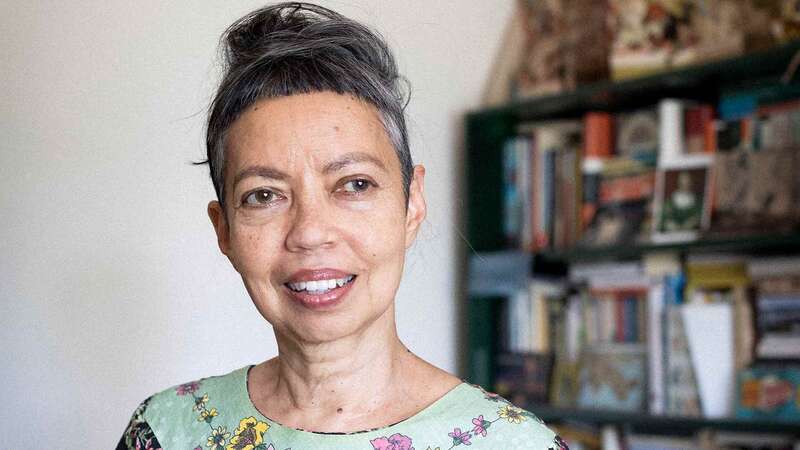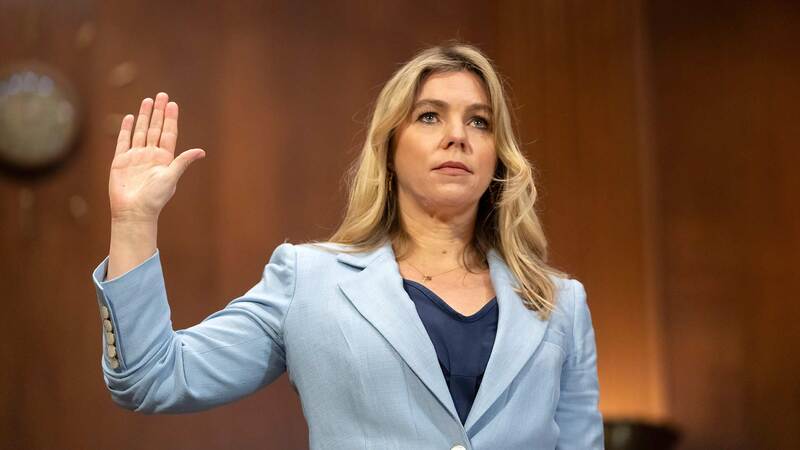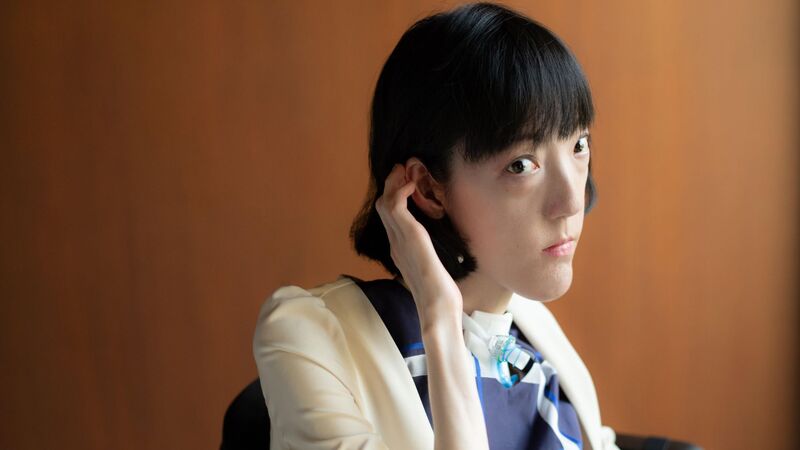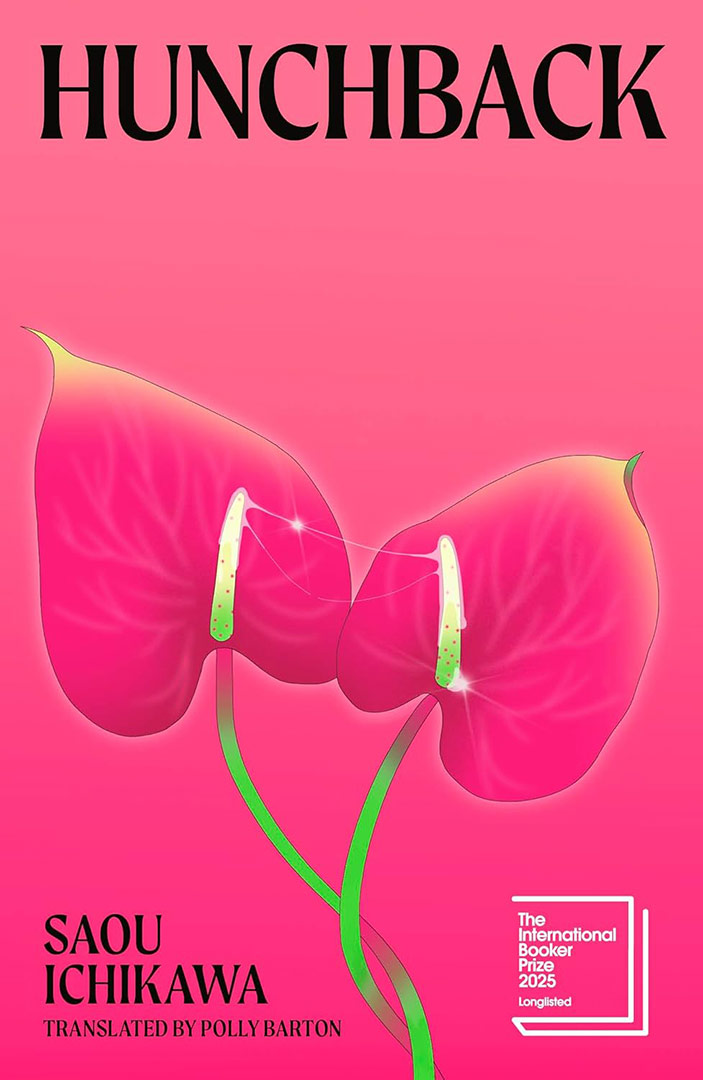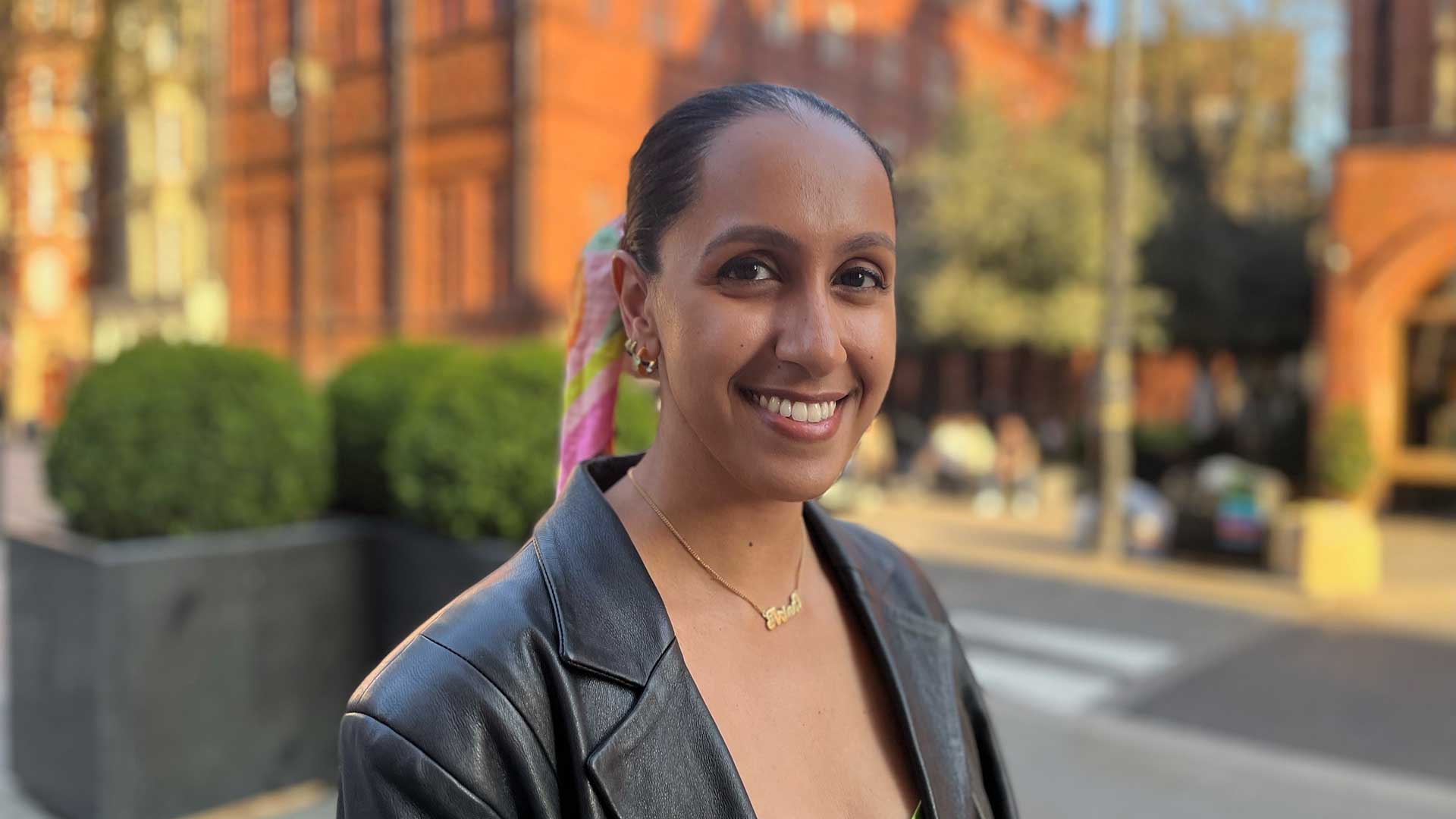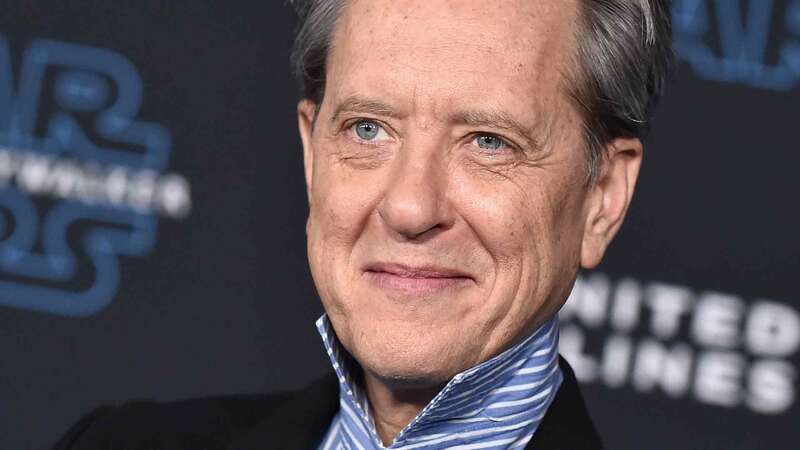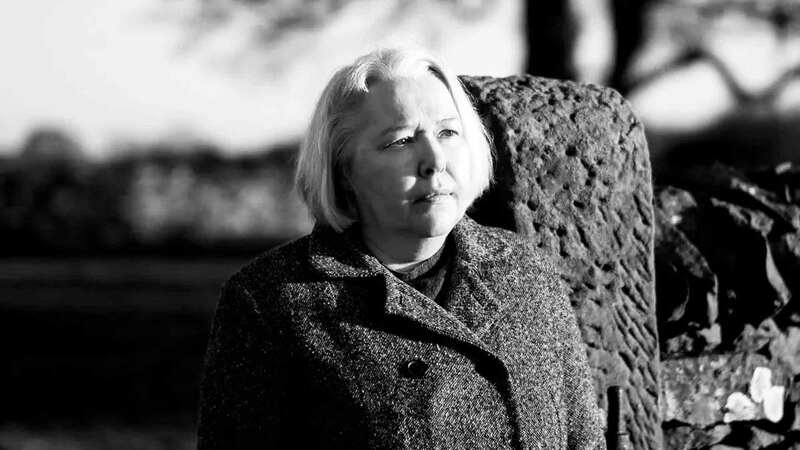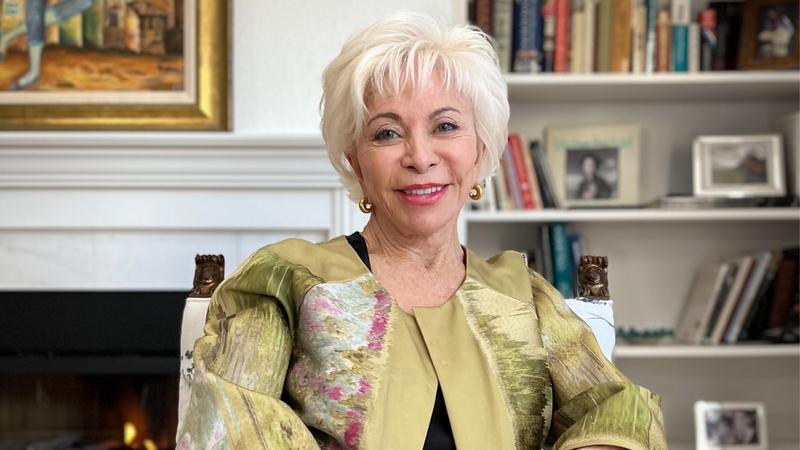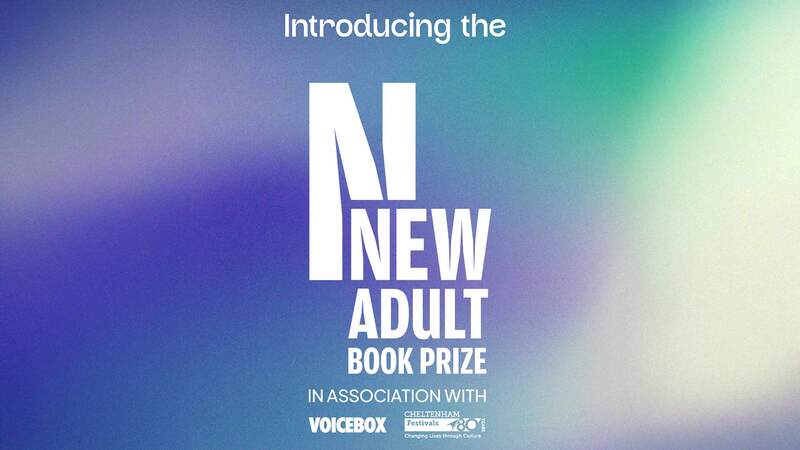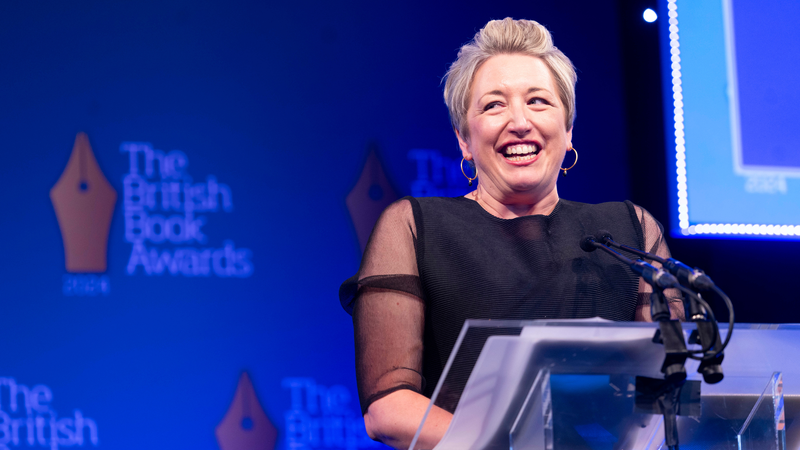Books in the Media: eyes turns to Sarah Wynn-Williams' 'tell-all tome'
This week, the International Booker longlist dominated fiction reviews, while in non-fiction eyes turned to Sarah Wynn-Williams’ controversial memoir.
Wynn-Wiliams’ Careless People: A Story of Where I Used to Work (Macmillan) recounts her time spent working as Facebook’s director of global public policy. Bruce Daisely at the Financial Times called the book an “exposé” that “paints a picture of Meta/Facebook as a supranational colossus untroubled by local laws or ethical codes”. The review concluded: “Careless People is a tell-all tome that reminds us that the self-interest of oligarchs isn’t aligned with the messages they often try to sell to us.” Stuart Jeffries selected Wynn-Williams’ memoir as the Observer book of the week, calling it “valuable, not just as [an] indictment of the Facebook cult but of bosses’ entitled behaviour that will resonate for many”.
Continues…
Saou Ichikawa’s “bracing” short novel Hunchback (Viking) features a narrator, named Shaka Isawa, who is “as memorable and mordantly witty as Dostoevsky’s civil servant in Notes from Underground”, wrote Johanna Thomas-Corr at the Sunday Times. Translated by Polly Barton and longlisted for the International Booker Prize, Hunchback is “one of the boldest and most unusual books to emerge from a mainstream publisher in years”. Ichikawa is the first disabled writer to win the Akutagawa Prize – like her narrator, Ichikawa has congenital myopathy. Thomas-Corr called it a “brilliant, riveting book that lets us tune into voices we have long kept suppressed”.
International Booker-longlisted Small Boat (HopeRoad), a “short and relentless novel” by Vincent Delecroix, is the author’s first to be translated into English by Helen Stevenson. The story reimagines the experience of 33 migrants who crossed the English Channel on 24th November 2021. Only two people survived the ordeal. Cal Revely-Calder at the Telegraph called Small Boat a “philosophical ghost-story”. It is a novel “about failures of several kinds, and their centrifugal form: how attributing blame for what happens to migrants can only lead us into the political register to which Delecroix’s title, in English, belongs”. Revely-Calder concluded: “Delecroix’s philosophising has a powerful pull; stronger, even, than the witness of death.”
Continues…
Helen Garner’s How to End a Story: Collected Diaries (Weidenfeld & Nicolson) was hailed by Rachel Cooke at the Guardian. “These journals run to more than 800 pages, every single one of which contains a passage of such distilled acuity and brilliance, it leaves you half drunk with exhilaration,” wrote Cooke. The book comprises three volumes of diaries that Cooke describes as both “a writer’s notebook [...] an outlet for all the agonies and contortions that are born of blank paper” and “an account of a cataclysmic relationship”. She concluded: “These are the greatest, richest journals by a writer since Virginia Woolf’s.”
Abdulrazak Gurnah’s Theft (Bloomsbury), the author’s first book since his Nobel Prize in Literature win in 2021, was declared a “poignant portrait of love, friendship and betrayal, set against Tanzania’s tourism boom during the 1990s” by Yagnishsing Dawoor at the Guardian. For Dawoor, Theft is in “dialogue” with Gurnah’s oeuvre, “the motif of debt grounding wider ruminations: on hospitality, autonomy and servitude as well as the nuanced distinction between obligation and generosity”. The Financial Times’ John Self noted that the novel is “beautifully done” and is a “book where much goes unsaid, where there is the story on the page and the story beneath the page”.

